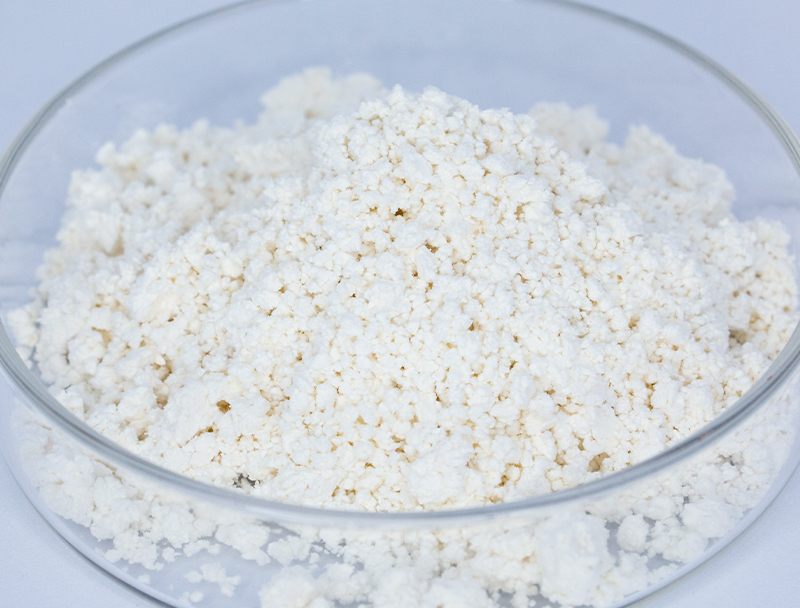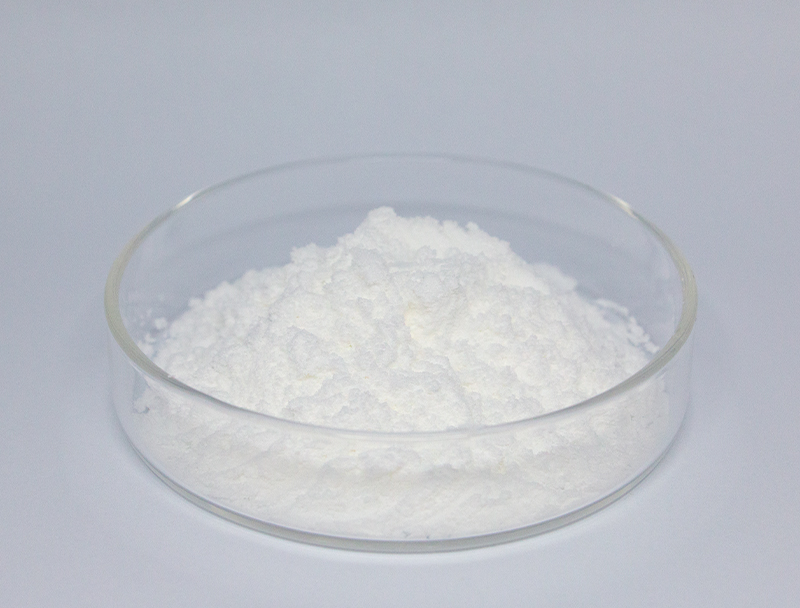
Advanced biosystems are built around a broad palette of feedstocks to yield progressive bio-based commodities.
Guaranteeing long-term supply of raw inputs remains essential to industry resilience and responsible expansion.
many concerns related to standard raw input procurement including environmental degradation and exploitation of natural resources. Hence, industry players ought to pursue innovative supply solutions to lower carbon burdens.
- Illustrations of eco-conscious sourcing involve:
- Adopting organic-origin materials from crop remnants
- Operating reuse-focused platforms to lower discard and increase efficiency
- Working with community-based suppliers that follow ethical standards
Embracing sustainable procurement produces environmental benefits with profitable potential.
Maximizing Feedstock Quality for Increased Biofuel Output
Maximizing the efficiency of biofuel production relies heavily on the quality and composition of biomass feedstocks. Investigators regularly test new routes to upgrade biomass inputs, yielding greater biofuel outputs and greener energy prospects. Approaches include genomic enhancements to boost biomass growth and processing methods to convert complex lignocellulose into fermentable sugars.
- In addition, projects pursue feedstocks like algae, waste fractions, and harvested residues to enlarge the selection of eco-friendly biomass for bioenergy.
- Through these continuous efforts, the field of biofuel production is poised to make significant progress in the coming years, paving the way for a more renewable energy landscape.

Transformations in Upstream Biopharma Workflow Design
comprises front-end procedures like culture expansion and cell retrieval New innovations across this area have produced enhanced manufacturing methods that boost yields.
Notable improvements feature new expression systems, refined media recipes, and automated reactor platforms. These changes expand productivity and help reduce both financial and environmental overhead.
- Concurrently, continuous manufacturing approaches bring amplified flexibility and more consistent upstream outcomes.
- Embracing sophisticated manufacturing strategies is poised to change industry norms and shorten development cycles.

CRISPR and Beyond: Improving Biopharma Production
breakthroughs in precise gene modification systems have reshaped biopharma production. Through focused genomic edits within host strains, scientists increase expression of desired therapeutic proteins. This capability can unlock development of cost-efficient, high-performance biologics for many conditions.
Harnessing Microbial Biotechnology for Sustainable Bioremediation
novel biological remediation techniques leveraging microbial metabolisms for pollution control. Engineered and natural microbes can attenuate pollutants via metabolic conversion.. Utilizing microbial metabolism supports eco-friendly site cleanup methods that limit secondary harm from remediation.. Laboratories test microbial species for efficacy against metals, pesticide pollutants, and oil-related contamination. These microbes operate in engineered systems or direct environmental applications to metabolize and remove contaminants.
Biological remediation using microbes yields meaningful benefits compared to conventional strategies. The approach tends to lower treatment costs and avoids producing toxic residuals. Similarly, microbe-based remediation affords specificity that avoids extensive ecosystem disturbance. The domain advances quickly, concentrating on raising reliability and performance of microbial cleanup methods.
Bioinformatics' Impact on Drug Design
Digital bioinformatics methods are central to evolving therapeutic discovery processes. By leveraging complex datasets, bioinformatics expedites discovery and optimizes candidate safety and potency.
- Through evaluating comprehensive genomic, proteomic, and clinical data, teams detect novel targets and predict drug action.
- Concurrently, virtual screening and simulation shape the development of more effective therapeutics.
- Finally, bioinformatics is revolutionizing the drug discovery and development process, accelerating the time to bring safe and effective treatments to patients in need.
Optimizing Metabolism to Increase Bioproduct Production
integrates multiple methods to augment cellular production of target bioproducts. Approaches may include genome edits to rewire pathways, transcriptional control to tune expression, and heterologous gene insertion to add functions.. With precise metabolic tuning scientists can greatly enhance yields of desired compounds.
Such holistic engineering could impact many areas including medical therapeutics, agricultural outputs, and biofuel production.

From Lab to Plant: Challenges and Opportunities in Biomanufacturing Scale-Up
Industrial-scale production introduces demanding hurdles as well as strategic advantages. A primary obstacle is ensuring uniform quality control as volumes rise. Tackling it demands tightly integrated control systems, precise surveillance, and state-of-the-art analytics.

Process intricacy spanning various stages creates significant scale-up complexities.. Transforming bench processes into industrial practice requires sustained research and engineering innovation. Even so, the payoff can be large. Successful industrialization can broaden availability, trim costs, and raise profitability.
Multiple programs focus on resolving scale-up difficulties. Programs comprise advanced optimization systems, real-time process monitoring tools, and innovative production strategies.
- Innovation programs are essential to expand production competencies.
- Regulators are reforming approval systems to facilitate adoption of advanced manufacturing and nurture innovation.
Navigating the Regulatory Landscape for Biopharmaceuticals: Ensuring Safety and Efficacy
Engineering biologic therapies includes robust governance to assure patient safety and measure effectiveness. Biopharmaceuticals, often derived from biological sources, present unique challenges compared to traditional medications.
Regulatory authorities including FDA and EMA are central to creating criteria and processes for approving innovative biologics..
Thorough testing frameworks are compulsory during all stages of development including after market release.. Those requirements help reveal risks and confirm that biologics satisfy stringent safety criteria..
Additionally, regulators regularly update methods to match the pace of fast-moving biopharma innovations.. Policies involve deploying novel tech and expediting development while preserving commitment to patient safety.

Plant-Derived Feedstocks as a Route to Sustainable Bioplastics
Increasing interest in sustainable materials spurs innovation in renewable resource development. Plant-origin feedstocks converted into bioplastics create promising opportunities for eco-friendly materials. Organic feedstocks like cornstarch, cellulose, and sugarcane can be converted to compostable polymers that shrink the environmental footprint of plastics.
Concurrently, several bioplastic formulations approximate conventional plastic traits and serve wide-ranging applications. Ongoing studies and technology development are vital to exploit plant feedstocks for bioplastics and foster a circular economy.
Biotech Innovations Addressing Health and Food Challenges
Biotech provides transformative capabilities that can change healthcare outcomes and strengthen food systems. Through advancements in genetic engineering, synthetic biology, and cell therapies, biotechnologists are developing innovative solutions to combat infectious L-Carnosine diseases, improve crop yields, and enhance nutritional value.. To illustrate, modified plants designed for pest resilience and environmental tolerance can raise outputs and reduce pesticide application.. Similarly, biotech contributes advanced vaccines, antimicrobial strategies, and diagnostic techniques crucial for infectious disease management and health advancement.. As the field evolves, biotechnology is expected to play a pivotal role in shaping a healthier and environmentally sustainable future for all.
